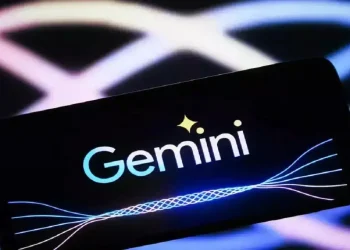In a groundbreaking announcement at Google I/O 2025, the tech giant unveiled a suite of AI-driven innovations poised to redefine user interaction across its platforms. Central to this transformation is the introduction of “AI Mode” in Google Search, offering users a conversational, chatbot-like experience that delivers nuanced answers and follow-up capabilities.This feature, now available to all U.S. users, signifies a “total reimagining of search,” according to CEO Sundar Pichai .
Gemini 2.5: The Powerhouse Behind the Transformation
At the heart of these advancements lies Gemini 2.5, Google’s latest AI model. This model enhances multimodal understanding and reasoning capabilities, enabling features like Deep Search, which breaks down complex queries into subtopics for more comprehensive results . Additionally, Gemini 2.5 powers Project Astra, a multimodal assistant capable of processing voice and visual inputs, and Project Mariner, an AI agent designed to perform complex tasks such as booking travel or conducting research .
AI Subscriptions: Introducing ‘AI Ultra’
To provide users with access to its most advanced AI capabilities, Google launched the “AI Ultra” subscription plan at $249.99 per month. Subscribers gain access to Gemini 2.5 Pro’s new Deep Think reasoning mode, early access to AI features in Chrome, and tools like Project Mariner. The plan also includes YouTube Premium and 30TB of storage across Google services .
Enhancements Across Google Services
Beyond Search, Google’s AI advancements extend to other services:
- Gmail: Smart replies are now more personalized, leveraging Gemini AI to craft responses that align with a user’s communication style and tone .
- Google Workspace: Integration of AI features enhances productivity tools, offering users more intuitive and efficient ways to manage tasks .
- Android XR: Google previewed AI-powered smart glasses developed in partnership with eyewear brands, marking a return to the smart glasses market
Google’s announcements at I/O 2025 underscore its commitment to integrating AI across its ecosystem, aiming to provide users with more intelligent, personalized, and efficient tools. As these features roll out, they promise to transform how users interact with technology in their daily lives.









Discussion about this post